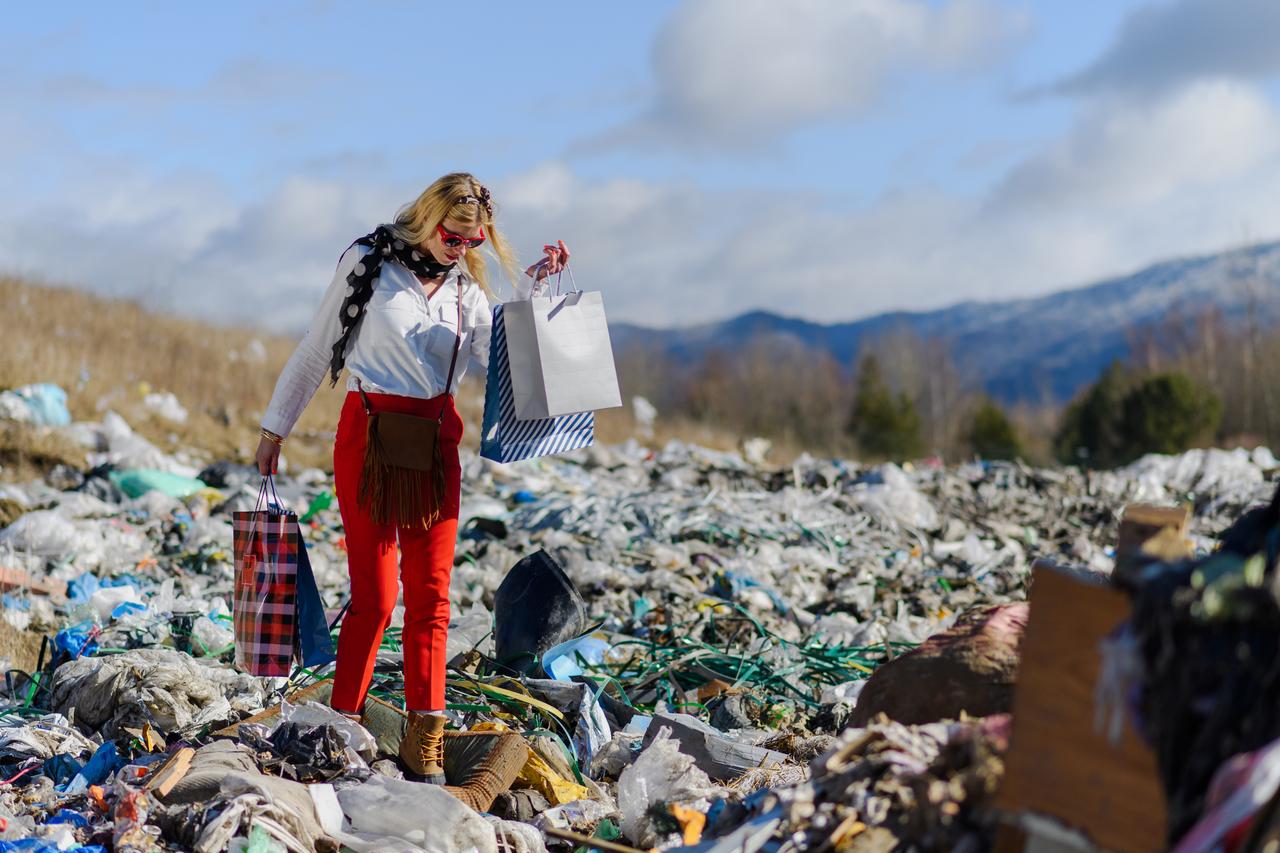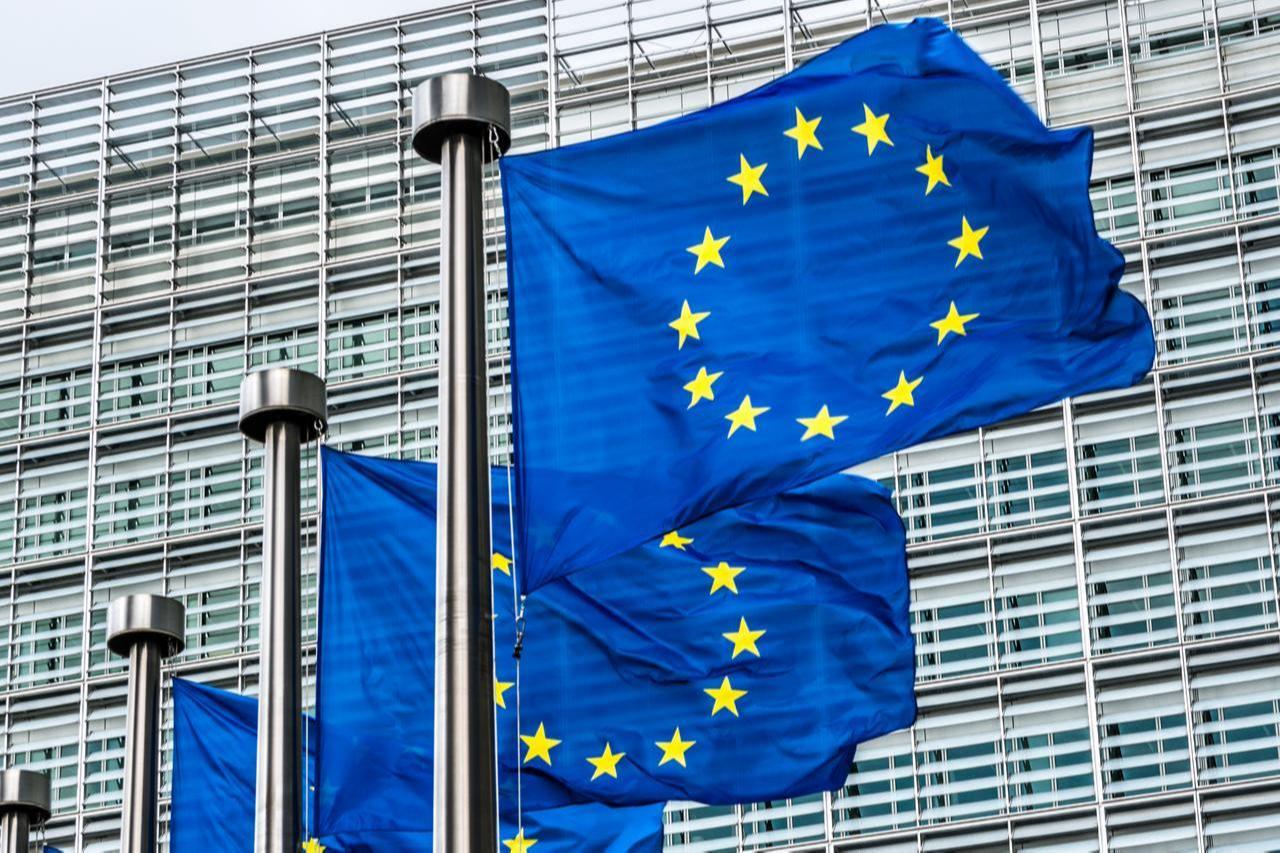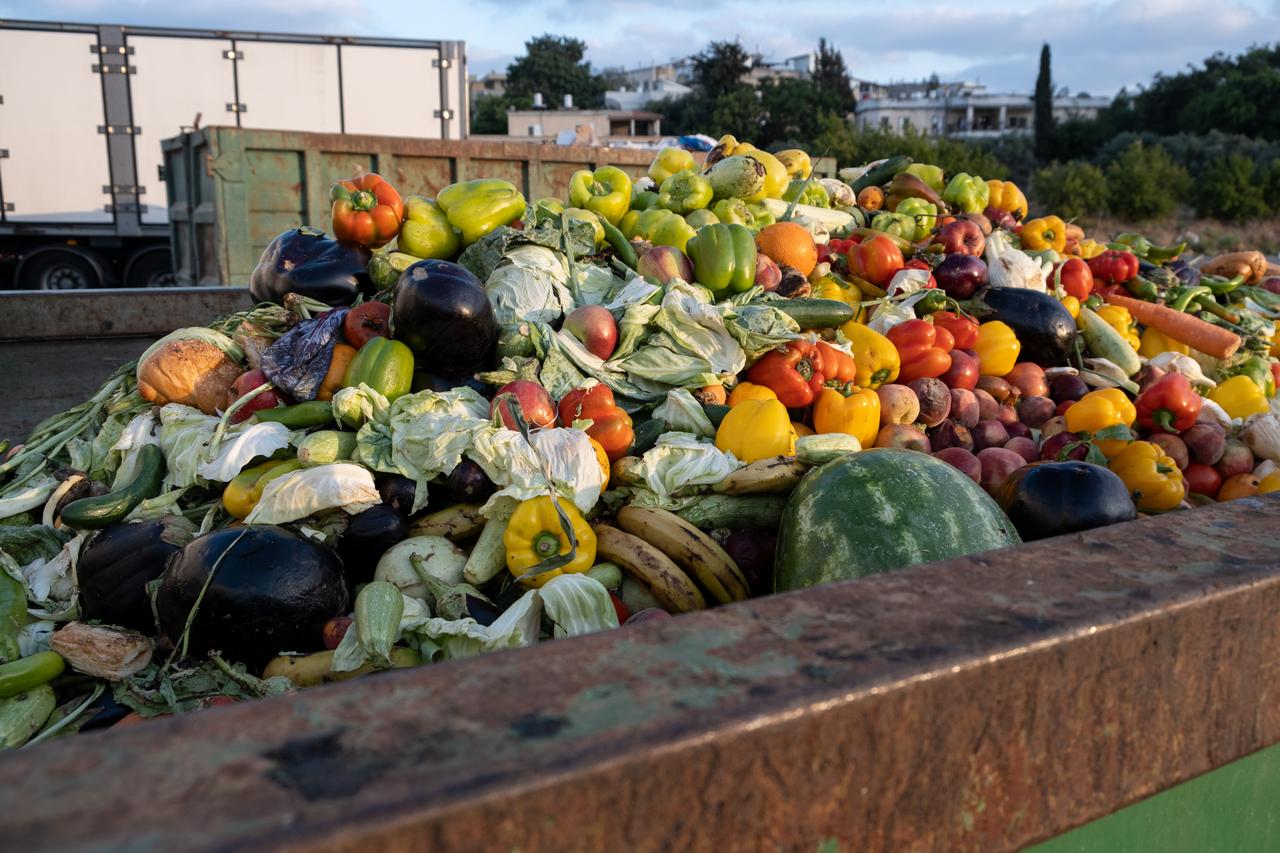
European Union lawmakers are set to give final approval Tuesday to legislation aimed at slashing food waste and curbing the environmental impact of fast fashion across the 27-nation bloc.
The EU estimates each citizen generates around 130 kilograms (286.6 pounds) of food waste annually—amounting to 60 million tons—along with 15 kilograms of textile waste.
Officials say cutting waste will also reduce the water, fertilizer and energy used to produce food and clothing that often end up discarded.
Under the new rules, EU countries will face binding targets but can decide how to meet them.
By 2030, they must cut by 30 percent the food waste generated by households, retailers, and restaurants compared with 2021–2023 levels and reduce by 10 percent the waste from food processing and manufacturing.
Parliament rapporteur Anna Zalewska said “targeted solutions” could include promoting so-called “ugly” fruit and vegetables, clarifying date labels, and donating unsold but edible food.

Lawmakers had initially supported tougher cuts—40% and 20%, respectively—before a compromise was reached with the European Commission and member states.
The hospitality sector opposed binding targets, favoring instead education campaigns.
“The key is raising awareness—especially among consumers,” said Marine Thizon of industry group Hotrec, noting that more than half of food waste in Europe occurs at the household level.

The law updates a 2008 EU waste directive and extends its scope to textiles. Producers will be required to cover the costs of collecting, sorting, and recycling clothing, carpets, mattresses, and other items.
Currently, less than 1% of textiles are recycled globally. In the EU, 12.6 million tons of textile waste are generated annually.
Lawmakers say the new obligations are meant to offset the rise of ultra-low-cost fashion imports, many of them from China, through platforms such as Shein.
Brussels is investigating the company over risks tied to illegal products.
Separately, the EU has proposed a two-euro flat import fee per parcel to limit the surge in small packages linked to the fast-fashion boom. Last year, 4.6 billion such parcels entered the bloc—more than 145 per second—with 91% originating from China.
Environmental groups criticized the exemption of the farm sector from waste-reduction targets.
The World Wildlife Fund said it was “concerned” by the decision, noting that losses before, during, and after harvesting or livestock rearing account for a considerable share of food waste across the supply chain.